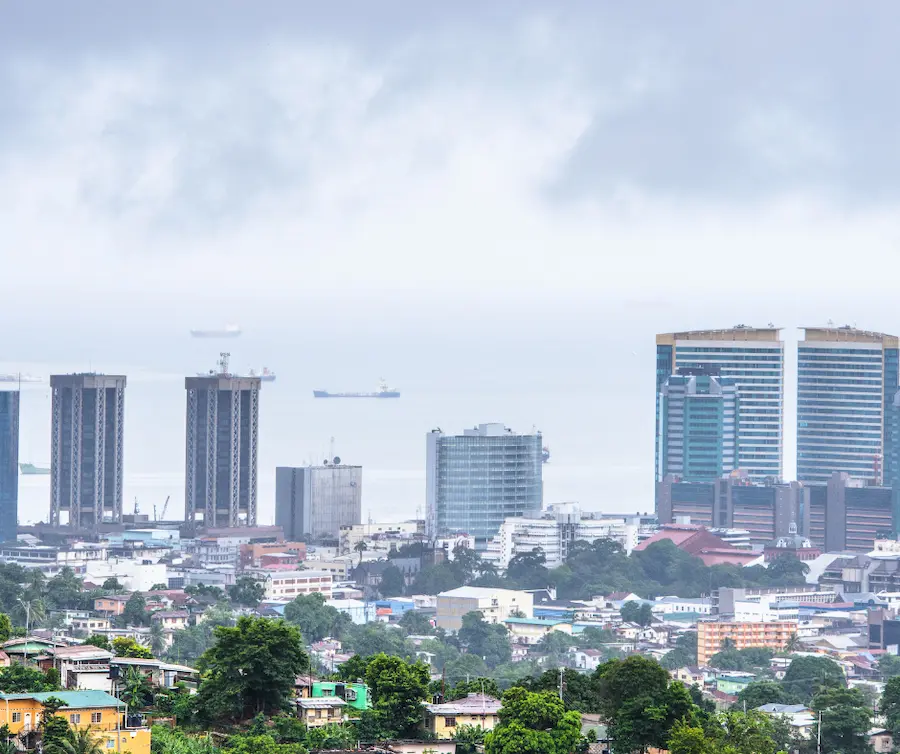

METHANEX Trinidad scored a significant victory at the Privy Council in a tax dispute with the Tax Appeal Board (TAB) over withholding tax payments on dividends totalling US$85.4 million for 2007.
In a ruling on April 22, the UK-based court upheld the methanol producer’s appeal in its long-standing tax dispute over the applicability of withholding tax on dividends paid to its holding company.
The case revolved around whether dividends paid by Methanex Trinidad to its sole shareholder, Methanex Barbados, should have been subject to a five per cent withholding tax.
In 2007, Methanex Trinidad paid US$85.4 million in dividends to Methanex Barbados.
However, those funds were passed on to Methanex Cayman and ultimately to Methanex Canada. The TAB claimed that these dividend payments were “artificial and fictitious,” and were essentially made to Methanex Canada and should have been taxed under a Trinidad and Tobago-Canada tax treaty, which mandates a five per cent withholding tax.
According to the judgment, the TAB assessed Methanex Trinidad for approximately US$28.4 million in withholding tax on four dividend payments made in 2007 to Methanex Barbados, its immediate holding company.
The TAB had argued that the payments were, in substance, made to the Canadian parent company, Methanex Corporation, and therefore subject to the five per cent withholding tax under the Double Taxation Relief (Canada) Order 1996.
In January 2019, the TAB ruled against Methanex Trinidad, dismissing its appeal. The Appeal Court affirmed the TAB’s dismissal of Methanex Trinidad’s appeal against the assessment in November 2021, upholding the view that the transactions were "artificial and fictitious" under section 67 of the Income Tax Act.
In their ruling, Justices of Appeal Allan Mendonca, Peter Rajkumar and Vasheist Kokaram noted that the dividends were paid at Methanex Canada’s request and that the funds were rapidly transferred through Methanex Barbados and Methanex Cayman, eventually reaching the Canadian parent.
In their findings, the Appeal Court also held that Methanex Canada had control over the bank accounts receiving the funds.
However, the Privy Council disagreed with this reasoning. The ruling, delivered by Lord Richards, said the mere fact that a dividend is paid up a corporate chain at the direction of an ultimate parent company did not render the transaction fictitious or artificial. It ruled there was no basis to characterise the dividends as either artificial or fictitious.
The ruling said payments followed lawful corporate procedures, with each subsidiary declaring dividends to its immediate parent in compliance with legal requirements. The decision also noted that such arrangements were commonplace in multinational corporate structures.
“In the view of the Board, these are not matters which can be regarded as abnormal. Far from being abnormal, the payment of dividends up a corporate chain at the request of the ultimate holding company is a commercial commonplace in national and international groups, not least because it is the only lawful means by which distributable profits can be brought up from subsidiaries.”
The Privy Council also ruled that the payments to Methanex Barbados qualified for relief under the Caricom double taxation treaty, which sets a zero per cent withholding tax rate on dividends between member states.
Methanex Trinidad argued that it had structured the payments lawfully through a corporate chain of holding companies and had relied on the treaty.
It further argued that Methanex Barbados was legally resident in Barbados and subject to tax on worldwide income under Barbadian law.
In deciding the appeal, the Privy Council also rejected the TAB’s argument that only entities beneficially owned by Caricom nationals could benefit from the treaty, finding no such restriction in its terms.
“There is no hint in the terms of the treaty or in its preamble that any such restriction was intended by the member states, still less is there any indication as to the details of any such restriction, such as the extent of any permitted foreign ownership, whether control would be equated with ownership, how preference shares and shareholder loans would be treated and so on.”
It also noted, “As regards the position in the present appeal, the Board has earlier analysed the extent of group control of the funds held by Methanex Barbados and rejected the conclusion that the dividends were paid to Methanex Canada, rather than to Methanex Barbados and then to Methanex Cayman.
“Further, not only did Methanex Barbados make a profit as a result of the payment of the dividends to it, but the profit thereby accruing to it was essential to the legality of the dividends which it then paid to Methanex Cayman.
“The dividends were ‘paid to’ Methanex Barbados, and indeed ‘received by’ it, in the ordinary sense of those words,” the judgment noted.
In allowing Methanex Trinidad’s appeal, the Privy Council concluded that the dividends were properly paid to Methanex Barbados and thus not subject to withholding tax under the treaty.
Also presiding over the appeal were Lords Lloyd-Jones, Hamblen and Lady Rose and Lady Simler.
Alnasir Meghji, Edward Rowe, Jonathan Walker and Miguel Vasquez represented Methanex Trinidad while Claude Denbow, SC, Dharmendra Punwasee and Jerome Rajcoomar represented the TAB at the Privy Council.


